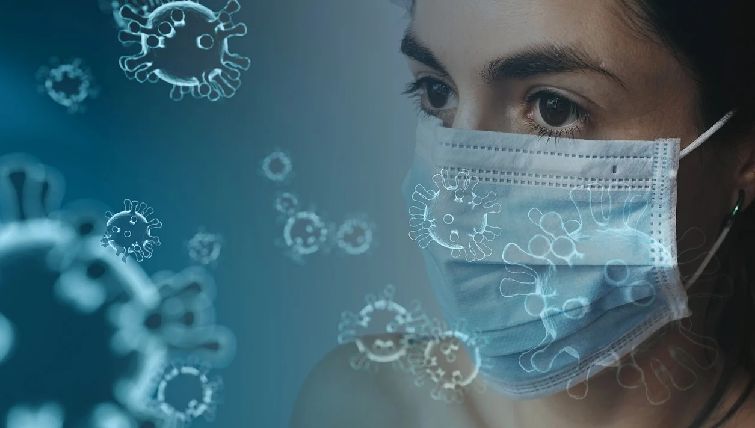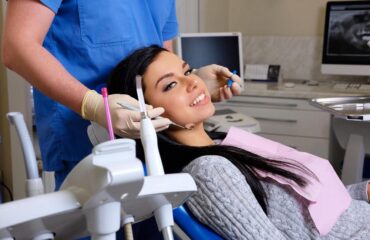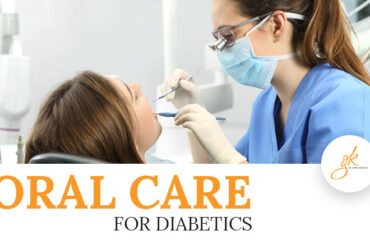So, today I wanted to discuss something very pertinent in today’s day and age. We are living in a pandemic, which is something none of us could even fathom until 2019.
Then came 2020 and boom!!!
The world as we knew came to an end and our lives changed completely beyond recognition. One thing that has become synonymous with our very existence and essential for our survival is a MASK.
A mask is something we all need to wear all the time, from the moment we step out. Being a healthcare professional, I know how it feels to wear it for long hours without a break.
So, off late, I have been getting many people coming into the clinic with complaints of:
1. Dry Mouth (Xerostomia)
This occurs because our breathing is affected by a mask. When we take shallow breaths from our mouth and throat instead of the diaphragm, it causes dryness of the mouth.
This causes various problems like increased dental decay along with making it difficult to talk, swallow and eat.
2. Bad breath or halitosis
Dry mouth also affects the food debris from being washed away, thereby resulting in a particular stink from the mouth.
Prolonged mask usage can worsen this dryness thereby also trapping the smell from poor oral hygiene and from consumption of certain food items like garlic and onions.
3. Bleeding gums
When the gums are swollen and bleeding, this is a sign of gingivitis. Wearing a mask can affect the plaque buildup on the teeth.
This results in inflammation or swelling in the gums which leads to bleeding while brushing and in some cases even during gargling.
How to prevent mask mouth?
1. Take extra care of your oral hygiene, brush twice a day for 2 minutes and clean between the teeth with a floss or other interdental devices. This ensures no food debris are stuck between the teeth.
2. Use a mouthwash between the cleanings from time to time, this will ensure freshness in your mouth. Make sure you use one which does not cause dryness of the mouth.
3. Hydrate throughout the day. Keep drinking water, this will help largely with the dry mouth.
4. Sugar-free gums: chewing on them from time to time will help stimulate salivary flow in the mouth, thereby maintaining intramural moisture levels.
5. Keep an eye on your oral health. As soon as you notice any decay, discoloration or bleeding gums, broken or fractured tooth – address it immediately.
6. Please see your dentist safely as early as you can to prevent worsening of your problems.
7. Change your mask regularly and if you are wearing a cloth mask please wash and clean your mask regularly. According to the CDC, disposable masks should be discarded after each use.
So, please wear your mask every time you step out. Do not compromise. Just be alert and take these small steps to prevent dental problems in the long run.
Visit your dentist at the earliest sign of dental decay or pain or any kind of gum bleeding.





